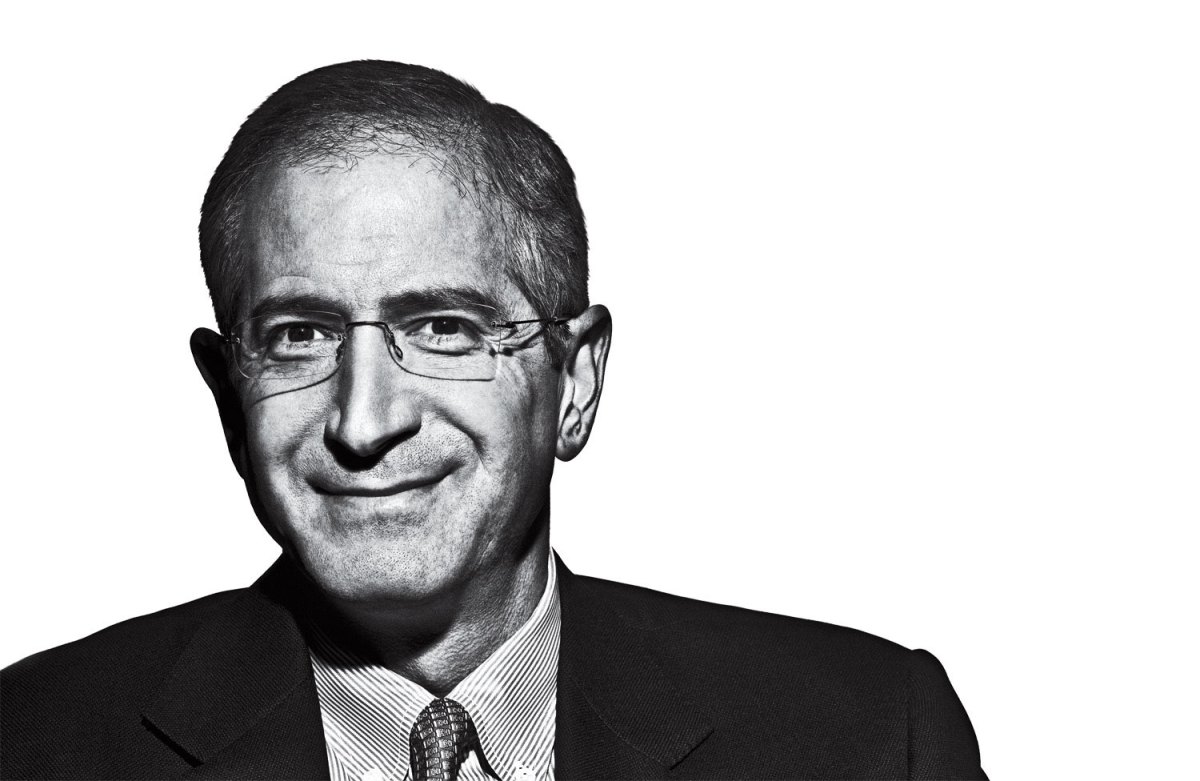Meet the Internet’s Most Powerful Man
< < Go Back
by Haley Sweetland Edwards,
The man who wants to remake the Internet does not wear a hoodie. He just owns cables. Now he wants to buy a whole lot more.
Brian Roberts, the chief executive of Comcast, loped onstage in April at the cable industry’s annual trade show in Los Angeles.
After settling before the audience, Roberts described the revolution that he expects will remake his company in the coming years. Americans today are streaming video on more devices than we thought possible “24 months ago, even 12 months ago,” and that’s not changing anytime soon. People, he said, will watch TV where they want it, when they want it—and it won’t be through an old box in their living room but through smartphones and tablets and any number of slick new screens hooked up to the Internet. “It’s a whole new world,” he said.
What he didn’t say was that he is poised to dominate that new world, however it evolves. His company is already the largest cable outfit in America and the owner of the television behemoth NBCUniversal, with the lucrative rights to broadcast hundreds of live sports events every year. But Roberts’ real trump card is that he owns more of the physical infrastructure—the high-speed digital wires capable of streaming online video to people’s homes—than anyone else in America, and he’s making a play to control even more. In February, Roberts made a $45 billion bid to buy Time Warner Cable, the nation’s second biggest cable company.
If the deal goes through, which most observers expect, Roberts will own, by conservative estimates, 35% of the nation’s broadband Internet connections, and that’s after the company divests a few million users as part of the merger.
The combined company would be nearly seven times the size of its nearest cable rival and the dominant broadband provider in 19 of the country’s 20 top markets.
With that sort of market clout, Comcast will have the leverage to demand more money from TV programmers, online video-streaming companies and regular customers—and the power to shape what technologies and Internet services are available, and at what cost and quality, in a large percentage of American homes.
This vision may be good for Roberts’ business, but it’s causing some queasy feelings in corporate suites from Hollywood to Silicon Valley to New York City, where rival media and telecom companies have been scrambling to find a way to compete in Roberts’ new landscape.
Reed Hastings, the CEO of Netflix, the largest online video-streaming company, has warned his own investors that Comcast is already using its “anticompetitive leverage” to extract fees from web companies in exchange for allowing them access to American homes. “They want the whole internet topay them for when their subscribers use the internet.” The comedian turned Senator Al Franken says he’s heard from content producers who are worried that the merger will make Comcast powerful enough to essentially decide which TV networks even exist. If the company refuses to carry a show, it could be a fatal blow.
More From TIME Magazine:




